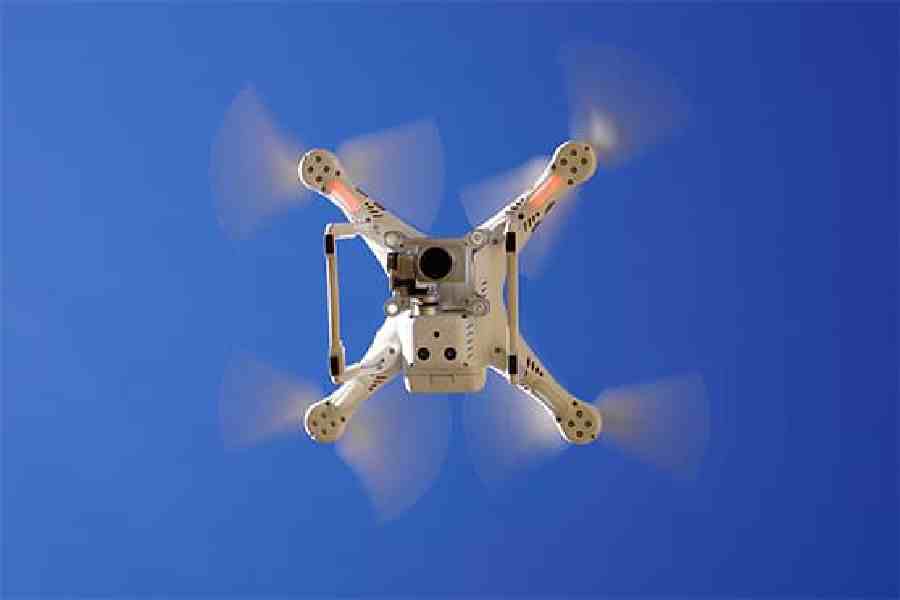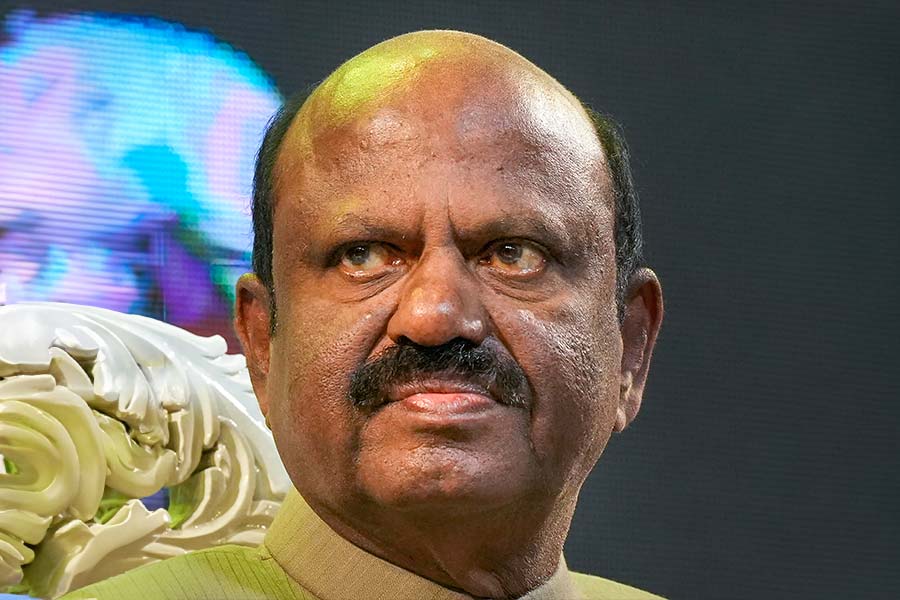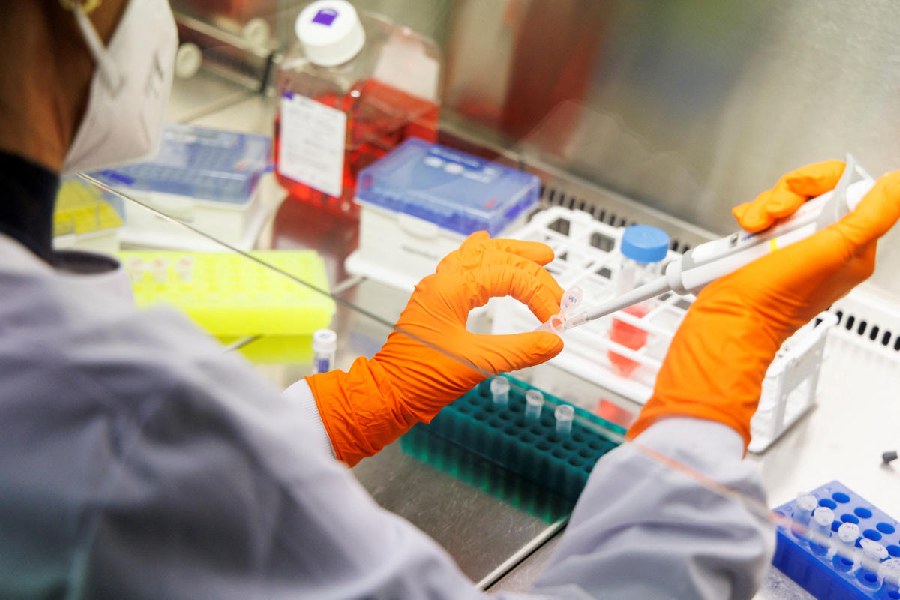The West Bengal Environment Department will deploy drones at night to measure and combat industrial pollution.
Environment Minister Manas Bhuniya, while speaking on the sidelines of a programme on the occasion of World Environment Day on Monday, said the drones will be fitted with sensors to measure the real-time air quality of an area.
"The drones will measure PM 10 and PM 2.5 levels and temperature to begin with. Sensors to measure Sulphur Dioxide, Nitrogen Dioxide and humidity may be added as and when required," he said.
The real-time data collected by the drones will be transmitted to the Integrated Command and Control Centre (ICCC) of the West Bengal Pollution Control Board (WBPCB).
He said the measures were necessitated by the rise in pollution in Kolkata, Howrah, Barrackpore, Haldia, Asansol and Durgapur.
"We have information that many industrial units in these six cities turn off their pollution tracking devices after dusk to escape the surveillance of WBPCB. The drones will take care of that," he said.
Bhuniya said that based on drone surveys, the polluting industrial units will be identified and the owners will be called for a meeting.
"We will try to explain to them the problem and suggest possible measures. If they fail to mend ways, we will then act firmly," he said, adding the authorities believe in raising public awareness to combat pollution.
The minister also flagged off 20 buses fitted with 'Shuddha Vayu' (clean air) devices on roof-tops of non-AC buses and inside AC buses to measure air quality along their routes.
Termed Bus Roof Mounted Air Purification System (BRMAPS), the device has attached air filters to capture particulate matter and clear the air.
The real-time data collected by the BRMAPS shall be transmitted to the WBPCB database and the pollution watchdog will be able to evaluate pollution along the bus route.
The device fitted inside the AC buses has built-in filter elements removing over 90 per cent PM 10 pollutants, resulting in clean air within the vehicle.
To a query whether the state government has been able to completely phase out single-use plastic from marketplaces as announced on this day last year, Bhuniya said, "We will strengthen our watch." He, however, pointed out that common people have to become more proactive in shunning single-use plastic.
"To save our planet, we have to be vigilant and stop using single-use plastic and go for alternative products," he added.
Except for the headline, this story has not been edited by The Telegraph Online staff and has been published from a syndicated feed.










